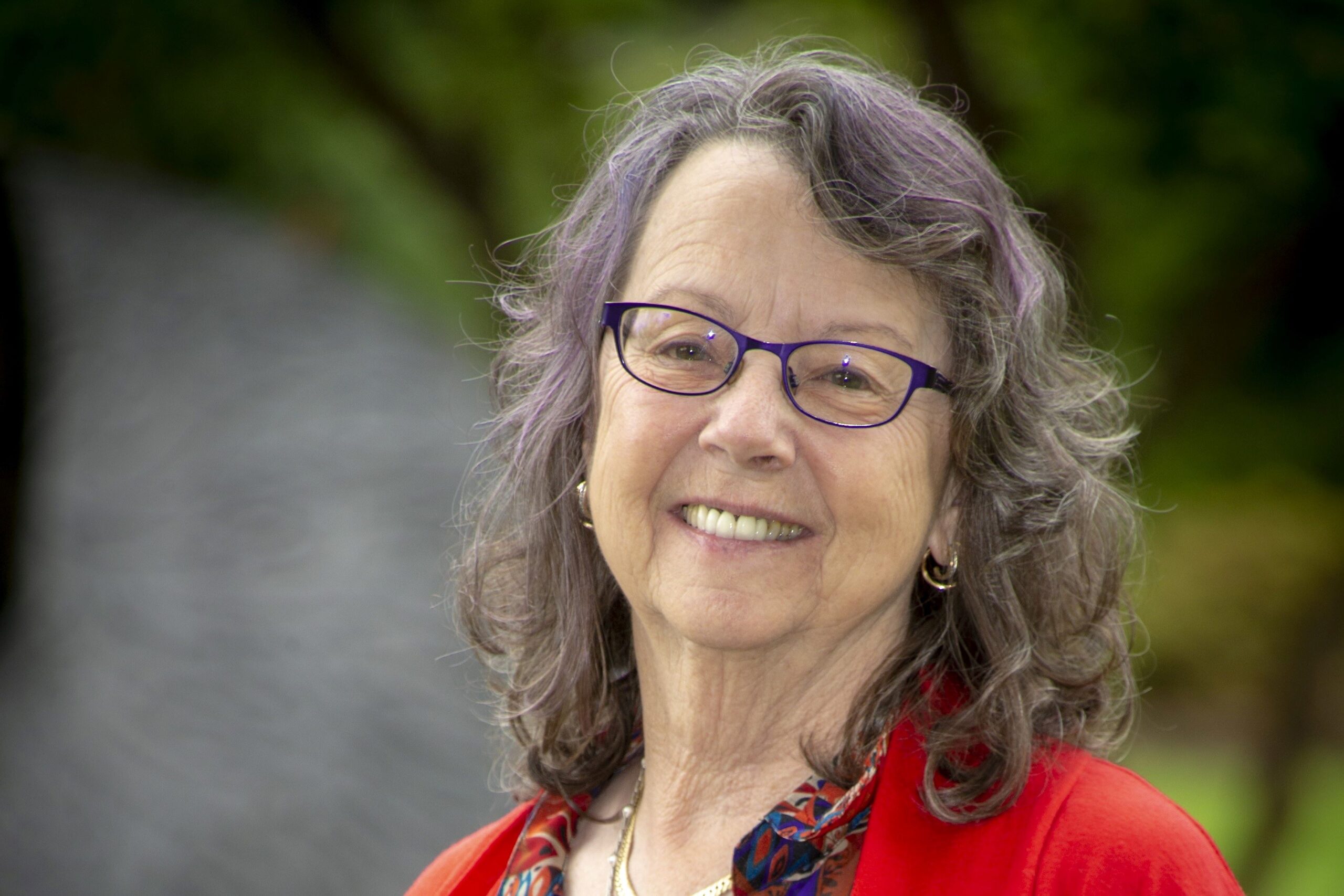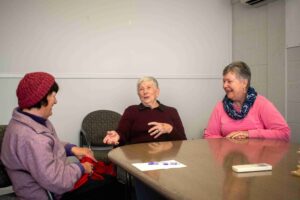For Dr Shirley Jülich, her life’s work in restorative justice has had a very personal bent. Now, she’s been recognised by the Crown for her work, as an officer of the New Zealand Order of Merit.
The Whitianga resident has been a champion of restorative justice since the mid-1990s, helping survivors of sexual abuse experience a sense of justice during their journey to recovery.
Having been a victim of child sexual abuse herself, Shirley said the most helpful part of her recovery process wasn’t the court hearings, but the family meeting her father held, where the perpetrator was made to take accountability for his actions.

“When I thought back about all of that … I just thought the thing that gave me an experience of a sense of justice was a family meeting that my father had convened, and the only thing that was wrong with it was that it had no follow up,” Shirley said.
“When I had just started my PhD, I thought, ‘that’s what I think would be good to find out about, what other survivors thought’, so that’s what drove my research.”
Shirley’s research led to Project Restore, an initiative offering a survivor-led restorative approach to addressing sexual violence. The organisation holds meetings or hui between the offender and victim, along with support people and specially trained facilitators, to directly address the harm done.
“That’s what victims want. They want to tell their story in a safe forum. If they go to court, they don’t often get the opportunity to tell their story,” Shirley said.
“They want to hear the offender take on responsibility and demonstrate accountability. And they want to feel vindicated that there has been some censure against the offender.

“That will then give them a sense of justice. And a sense of justice, of course, is one of the prerequisites for having a sense of closure to be able to move on.”
Project Restore is accredited by the Ministry of Justice, and receives referrals from the courts for anyone who pleads guilty to a sexual violence case.
“We’ve got I believe a gold standard type programme addressing sexual violence,” Shirley said.
“And we also have some funding to allow some community referrals.
“It’s interesting to know that more than 90 per cent of us will report our car stolen, but only 10 per cent of us will report our bodies violated. So that funding is in recognition that the majority of survivors of sexual violence don’t report their experience to anybody.”
Project Restore was now seen as a leader in the field, Shirley said, and she was proud of everything the programme had achieved.
“We have the mechanism in law that allows us, it’s not an alternative system – it’s an extra layer to justice. That’s the restorative part. I’m really proud. I’m proud that my research is being accessed through the [Massey University] library.
“It’s exciting that people are using my work.”
Shirley, who is an associate professor at Massey University, said the public hadn’t always been so accepting of her work. “Back in the 90s, whenever there was anything in the paper about my work you’d get emails putting us down… it was appalling,” she said.
“[Lately] I haven’t had a thing so … I wonder if the public has grown up. I think it’s a little change in attitude.
“I just think, what a difference to the 90s.”





